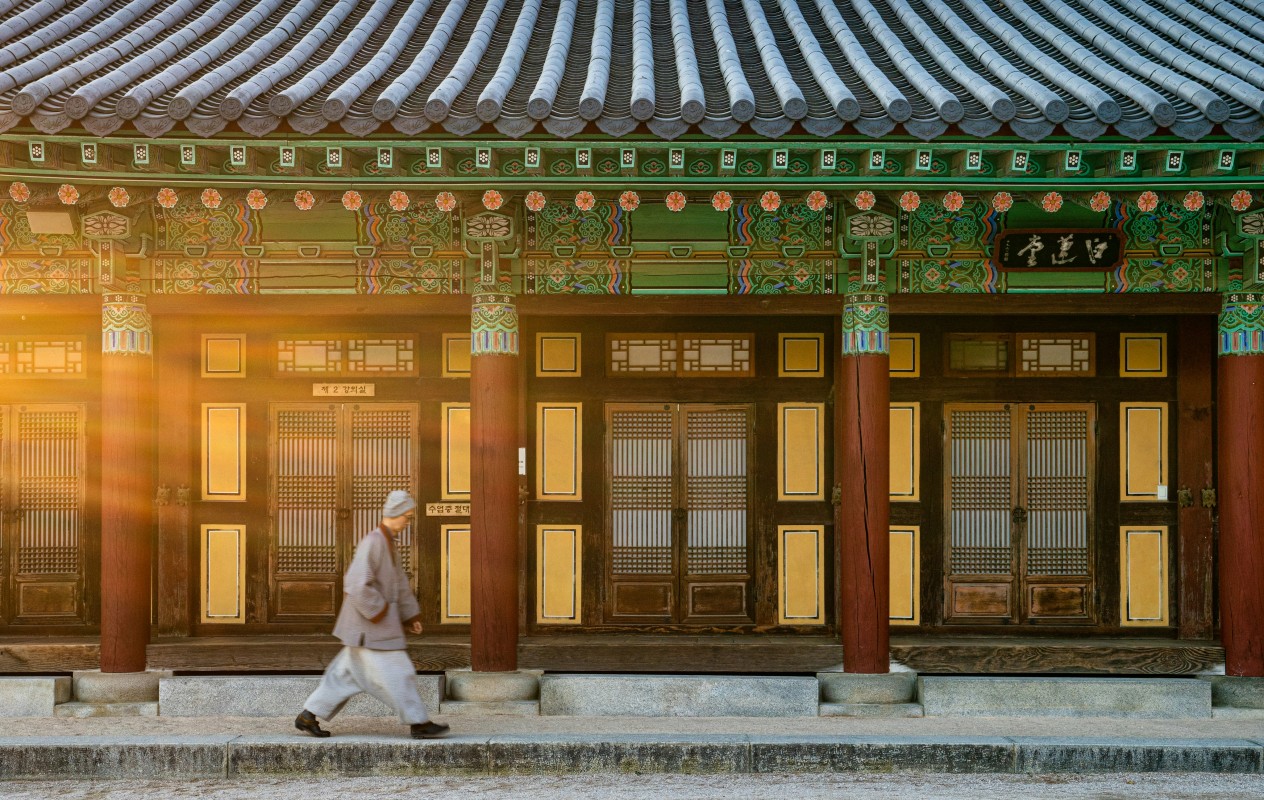Religious freedom in Korea varies drastically between the two nations on the peninsula: South Korea and North Korea. While the South guarantees total religious freedom and accommodates various beliefs, the North imposes severe restrictions and even persecution of religion. This contrast makes Korea one of the most extreme examples in the world regarding freedom of faith.
We also recommend reading:

Table of Content
Religious Freedom in South Korea
South Korea is a democratic country that ensures religious freedom in its Constitution. Unlike its northern neighbor, the South Korean government does not interfere with individual beliefs and allows various religions to thrive.
1. Religious Diversity in South Korea
The country is home to various religions, especially:
- Christianity – Approximately 28% of the population is Protestant and 11% is Catholic. Christianity has grown rapidly since the 20th century and today has a significant influence on South Korean politics and culture.
- Buddhism – Although historically dominant, Buddhism represents about 15% of the population. Still, many Buddhist temples continue to be important cultural and religious centers.
- Shamanism and Traditional Religions – Some ancient spiritual practices, such as Korean shamanism and Confucianism, are still followed, especially in family rituals and ancestral ceremonies.
- Other Religions – Islamism, Hinduism, and new Korean religions, such as the Unification Church and Cheondoísmo, are also present.
2. Separation of Religion and State
South Korea maintains a separation between religion and government, but religious leaders have political influence. Large evangelical churches, for example, actively participate in debates about social values and public policies.
3. Challenges and Controversies
Despite religious freedom, there are challenges:
- Conflicts between religions – Some Christian groups criticize Buddhist and shamanistic practices, creating tensions.
- Mandatory military service – Jehovah's Witnesses and other pacifists faced imprisonment in the past for refusing to serve in the military. Today, there are alternatives, such as substitute community service.
- Cults and Controversial Groups - Some new religions, like Shincheonji, have been criticized for aggressive recruitment practices and lack of transparency.

The Lack of Religious Freedom in North Korea
In North Korea, religion is severely restricted. The North Korean government, under the regime of Kim Jong-un, promotes the cult of personality of the Kim family as a kind of state doctrine.
1. The Official Religion: Juche
The Juche ideology, based on nationalism and self-sufficiency, has replaced traditional religions. The population is taught to see North Korean leaders as divine figures, and any other beliefs are viewed as a threat to the regime.
2. Persecution of Religious Individuals
Any independent religious activity can result in imprisonment, torture, or execution. Reports indicate that practicing Christians and Buddhists are sent to forced labor camps. Only government-controlled churches operate to give the impression of religious freedom, but they are just a front for state propaganda.
3. Religions in the Past and Present
Historically, Buddhism and Confucianism were important in North Korea, but today these traditions have practically disappeared. Small groups of Christians practice their faith in secret, running great risks.
Wrapping Up
Religious freedom in South Korea is widely respected, allowing various beliefs to coexist. In North Korea, however, religion is practically nonexistent due to state repression. This extreme contrast makes the Korean Peninsula one of the most striking examples of the difference between democracy and dictatorship regarding freedom of faith.
